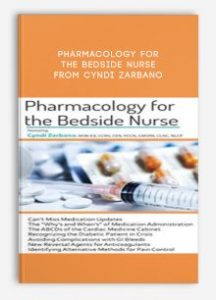 Pharmacology for The Bedside Nurse from Cyndi Zarbano
Pharmacology for The Bedside Nurse from Cyndi Zarbano
More information about Medical:
Medicine is the science and practice of establishing the diagnosis, prognosis, treatment, and prevention of disease.
Medicine encompasses a variety of health care practices evolved to maintain and restore health by the prevention and treatment of illness.
Contemporary medicine applies biomedical sciences, biomedical research, genetics, and medical technology to diagnose, treat, and prevent injury and disease,
typically through pharmaceuticals or surgery, but also through therapies as diverse as psychotherapy, external splints and traction, medical devices, biologics, and ionizing radiation, amongst others.
Medicine has been around for thousands of years, during most of which it was an art (an area of skill and knowledge) frequently having connections to the religious and
philosophical beliefs of local culture. For example, a medicine man would apply herbs and say prayers for healing, or an ancient philosopher and physician would apply bloodletting according to the theories of humorism.
In recent centuries, since the advent of modern science, most medicine has become a combination of art and science (both basic and applied, under the umbrella of medical science).
While stitching technique for sutures is an art learned through practice, the knowledge of what happens at the cellular and molecular level in the tissues being stitched arises through science.
Outline:
- Cardiac
- The Spectrum of Coronary Artery Disease
- The ABCDs of the Cardiac Medicine Cabinet
- ACEs/ARBs
- Beta Blockers
- Calcium Channel Blockers
- Diuretics
- MONA vs. FONA: Which is the Best Treatment
- Drug Priorities for Ischemic Injury & Heart Failure
- Must Know Side Effects of Alpha Blockers
- Antiarrhythmic Options
- Maintaining Electrolyte Balance with Diuretics
- Cardiac Benefits of Statins Beyond Treating Dyslipidemia
- Strategies to Avoid Rhabdo
- Endocrine
- The Newest Oral Hypoglycemics
- Short- & Long-Acting Insulins
- Ace Inhibitors & the Diabetic Patient
- Vasopressin for Diabetes Insipidus
- Acute Hyperglycemic States: DKA, HHS
- Insulin Drips
- Gastrointestinal
- Anticholinergics: Impact on the GI System
- Anti-emetics & How They Work to Guide Your Selection
- Understanding H2 Blockers & Proton Pump
- Inhibitors
- Upper & Lower GI Bleeds: Ulcers, Varices, Diverticulitis
- Protonix, Vasopressin, Octreotide
- Fluid Resuscitation & Blood Products: Avoiding & Treating TACO & TRALI
- Pulmonary
- Corticosteroids for the Airway
- Avoiding Complications
- Bronchodilators: MDIs vs. Nebulizers
- The Beta Blocker & Asthma Connection
- Pulmonary Embolus: From Thrombolytics to Interventional Radiology
- Anticoagulation Goals
- Exploring the 5 Categories of Anticoagulants:
- Coumarins
- Factor 10a Inhibitors
- Heparins
- Thrombin Inhibitors
- Anti-Platelets
- The New Reversal Agents
- Pain Control
- NSAIDS/Acetaminophen/Aspirin
- New Concerns with Opioids
- Medical Marijuana: What has Research Taught Us?
- Reversal Agents
- Managing Overdose
Description:
- Can’t Miss Medication Updates
- The “Why’s and When’s” of Medication Administration
- The ABCDs of the Cardiac Medicine Cabinet
- Recognizing the Diabetic Patient in Crisis
- Avoiding Complications with GI Bleeds
- New Reversal Agents for Anticoagulants
- Identifying Alternative Methods for Pain Control
There are a staggering number of drugs that nurses are expected to keep current on. With so many changes occurring daily related to medications and treatment guidelines, how are you supposed to keep up?
Relax; expert, Cyndi Zarbano, MSN-Ed, CCRN, CEN, PCCN, CMSRN, CLNC, NLCP, has done all the reading and research for you! She’ll provide you with the most up-to-date information and give you tools and strategies to ensure that you understand “why and when” a certain medication is prescribed, what the potential side effects are and what to do if life-threatening complications occur.
Don’t miss this opportunity! This program is guaranteed to increase your knowledge of potential drug interactions, proper administration methods and monitoring procedures for a variety of medications used to treat common acute and chronic conditions. Cyndi is known for a teaching style that is entertaining, using stories and humor to help you retain what you learn, so you can pass that knowledge on to peers and the patients you care for.


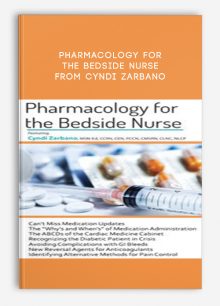

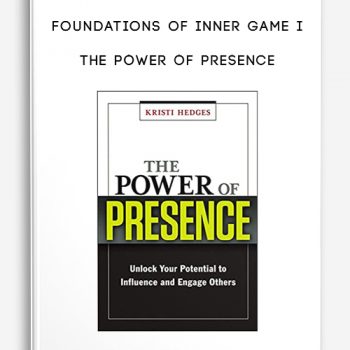


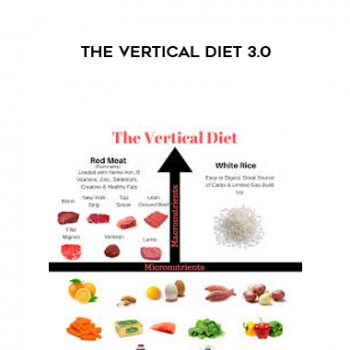

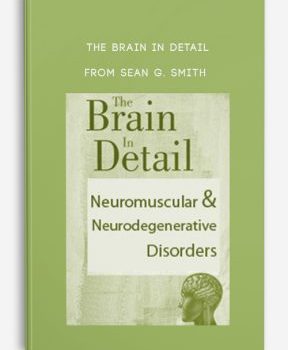
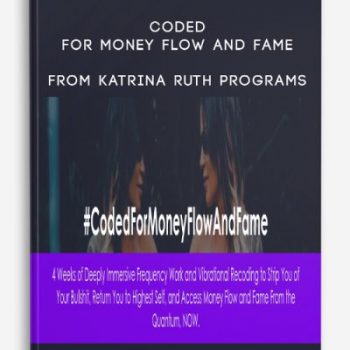
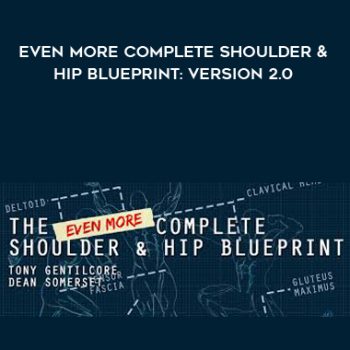

tristian –
This is Digital Download service, the course is available at Coursecui.com and Email download delivery.